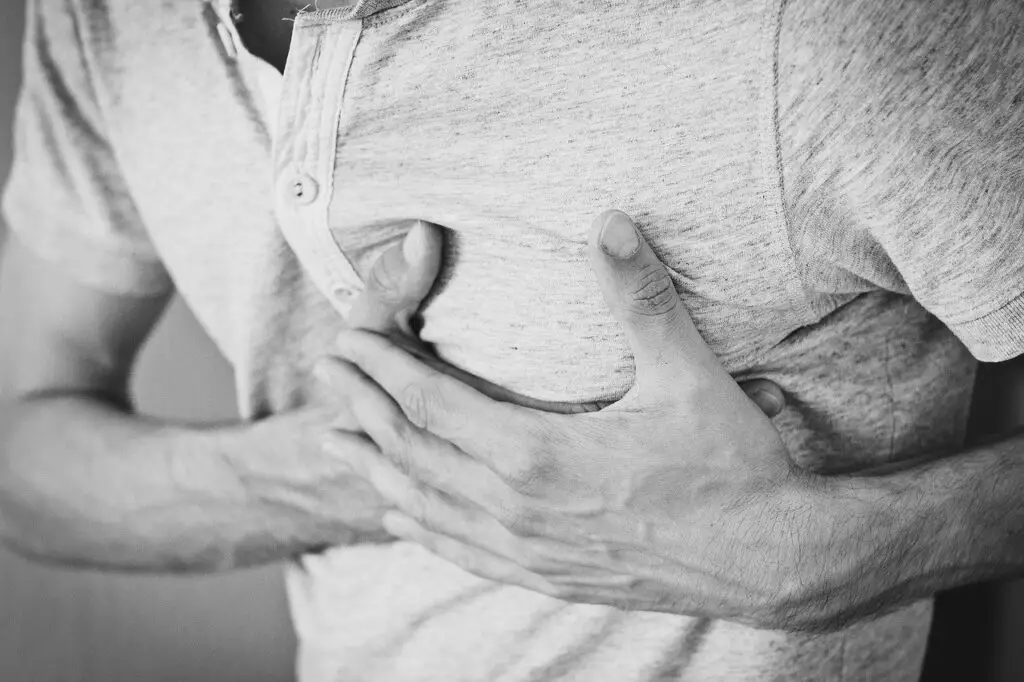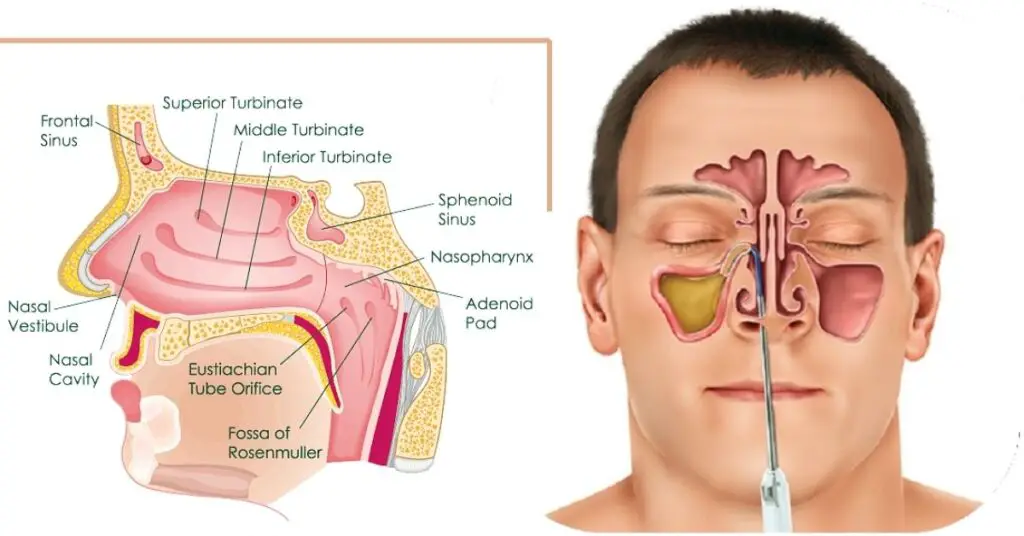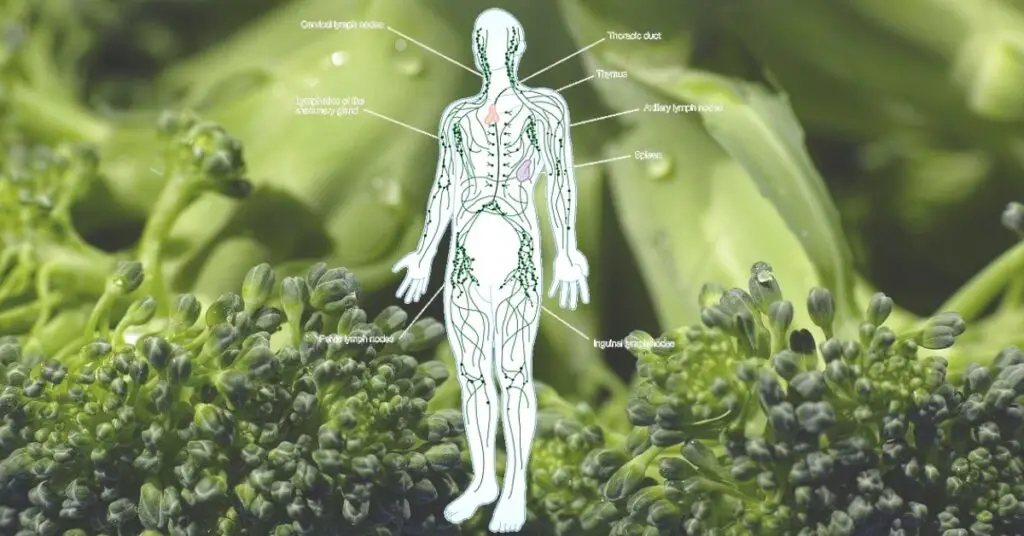A heart attack occurs when the blood flow to the heart is obstructed. The blood blockage is usually a buildup of excessive cholesterol, fat, or other substances, which create a plague in the arteries.
A plague can sometimes form a clot that obstructs the flow of blood. The obstructed blood flow can destroy or damage part of the heart muscle. It can damage the whole heart and a person can die within a few minutes.
A heart attack or myocardial infarction, can be fatal, even though treatment has improved significantly over the years.
Common symptoms of heart attack
Before you experience a heart attack, you may feel some of the symptoms. Some of the most common signs of a heart attack include:
1. Weakness
If you feel weak, your arteries may have become narrow, which prevents the normal flow of blood. When the muscles are not supplied with enough blood, a heart attack may occur.
2. Pain and pressure in the chest
Increased blood pressure, restlessness, and pain in the chest are some of the common symptoms of a heart attack. If you notice some of these symptoms, consult a doctor.
3. Shortness of breath
If the heart does not receive enough blood, the lungs receive less oxygen and cause breathing difficulties. This leads to shortness of breath, a warning symptom of a heart attack.
4. Loss of appetite and nausea
Vomiting, nausea, and stomach weakness are warning symptoms of a heart attack. If you experience some of these symptoms, consult a doctor.
5. Chronic fatigue
When the arteries get narrow, the heart does not receive enough blood to function properly. This causes chronic fatigue and makes people feel tired.
6. Cold sweats and dizziness
Poor blood circulation and interrupted blood flow can cause dizziness and cold sweats. If you feel sweaty and dizzy, make sure you visit a doctor.
7. Fever or cough
Some common symptoms of cold or flu, such as cold or flu, can indicate a heart attack. It was reported that people, who experienced a heart attack, had symptoms of flu or cold.
Common causes of heart attack
Most heart attacks are caused by coronary heart disease, a serious condition that clogs arteries with a calcified plague. Researchers also confirmed that the immediate cause of the heart attacks is not the obstructive plague, but the sudden formation of a clot on the top of the plagues that obstructs blood flow in the blood vessels.
Other well-known risk factors of a heart attack include:
- High blood pressure
- High cholesterol
- Smoking
- Obesity
- Diabetes
- Sedentary lifestyle
- Stress
- Family history
- Physical inactivity
Not all people who experience a heart attack have the same severity of symptoms. Some people have mild pain, whereas others have severe pain. Some people have no symptoms at all. Nevertheless, the more symptoms you have, the greatest the chance you are experiencing a heart attack.
Some heart attacks occur suddenly, although many people have warning symptoms days in advance. The earliest warning sign may be chest pain or pressure (angina) which is worsened by activity.







